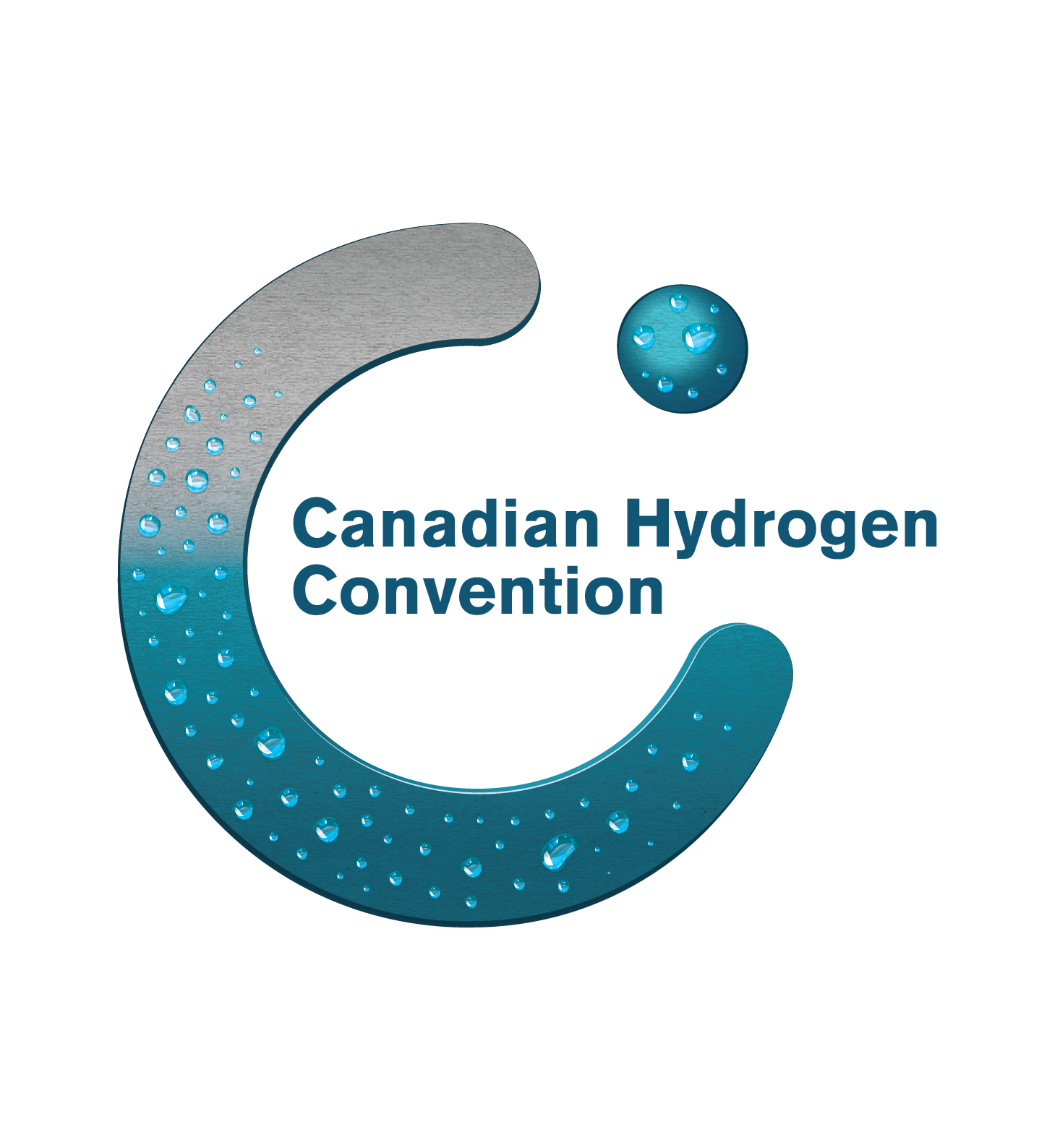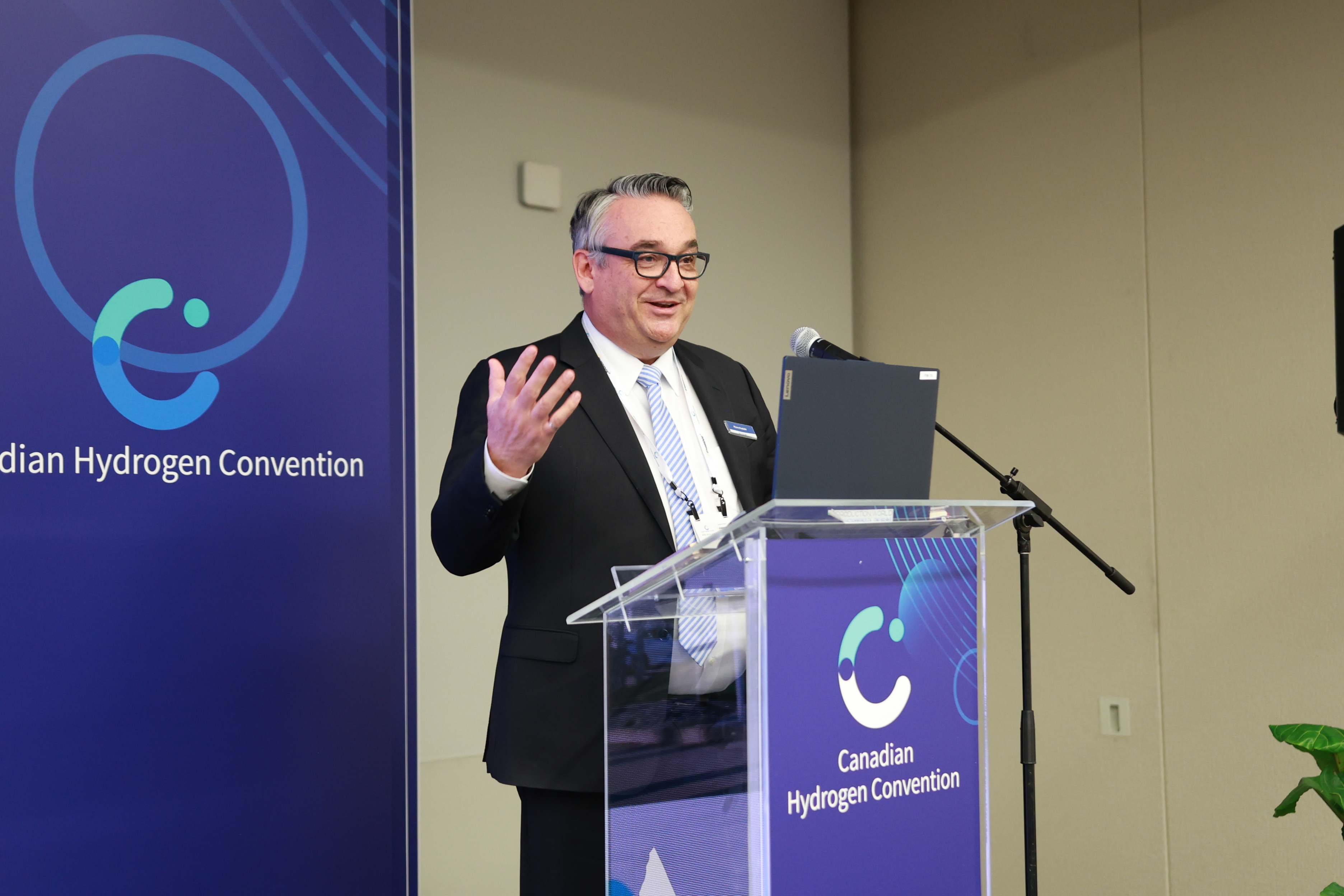-
EXHIBITION
EXHIBITION
The Canadian Hydrogen Convention is the ideal platform gathering government representatives, Indigenous leaders, and sector professionals to showcase, discuss, collaborate, and do business in the North American market, driving the hydrogen industry forward.
Learn more -
CONFERENCES
-
AWARDS
AWARDS
The Canadian Hydrogen Convention Awards shines a spotlight on excellence in the hydrogen industry here in Canada and around the world. The Awards recognizes and celebrates hydrogen leaders, innovators and trail blazers accomplishments over the last 12 months who have been at the forefront in leadership, innovation, sustainable solutions and promoting the healthy advancement of the hydrogen sector.
Learn more -
SPONSORSHIP
SPONSORSHIP
Sponsorship increases the show experience through multiple channels throughout the exhibition, conferences, and special events. The Canadian Hydrogen Convention provides the ideal platform to showcase your brand to the largest hydrogen audience in Canada. Several opportunities are available to help you achieve your specific objectives and enhance your outreach at this international event.
Learn more - MEDIA
- TRAVEL
- REGISTER

























